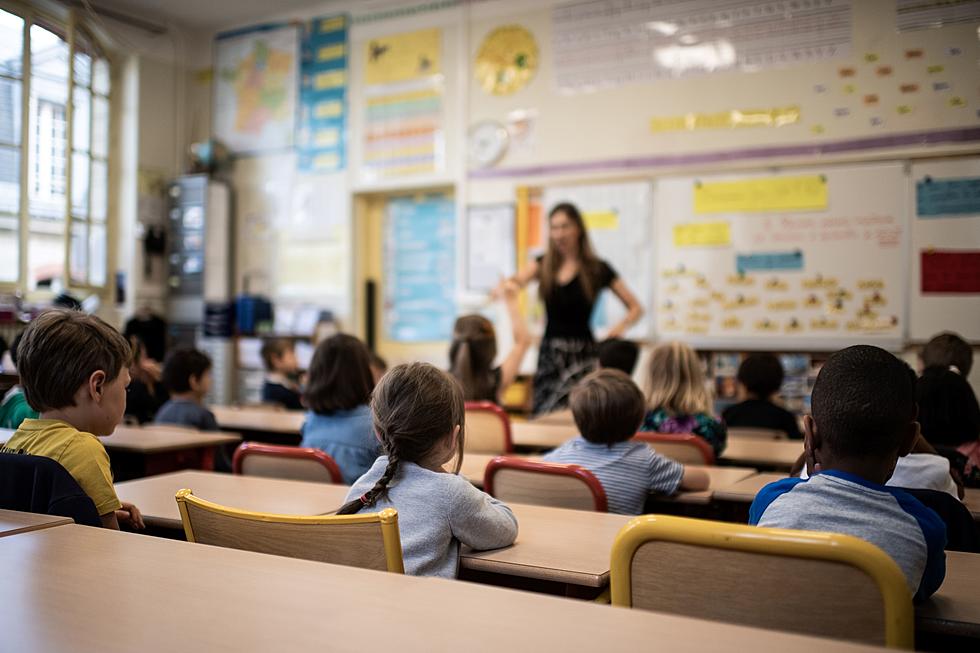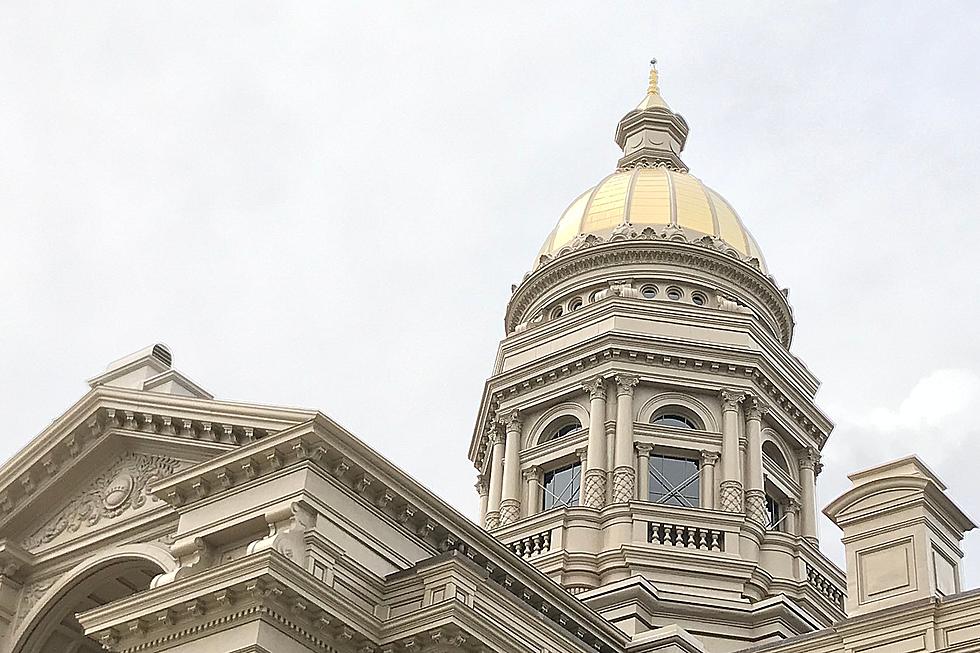
Most Americans Think Arabic Numbers Shouldn’t Be Taught In School
According to a recent survey from CivicScience, 56% of people responding said they did not think that Arabic numbers should be taught in schools, in contrast to 29% who said yes, and 15% who said "no opinion." The poll had a smaller sample size of just 3,624 people.
Here's the problem with that, though. "Arabic numbers," are the numbers we use every day; 1, 2, 3, 4, 5 and so on.
The leading theories are that naming numbers we use in everyday life as "Arabic Numbers," may have shown some inherent bias among American respondents, or the knowledge of where the numbers originated from may not be widely known.
The Hindu-Arabic numeral system was developed by Indian Mathematicians sometime around 500 AD, though the current form of the numerals was developed in North Africa. It has been in widespread use in both eastern and western culture since its creation.
The same poll asking about Arabic numerals also asked respondents whether schools should have creation theory of Catholic priest George Lemaitre taught in science class. A majority of respondents said no, and nearly all of those who responded no were democrats.
The theory posited by George Lemaitre is also known as the Big Bang Theory.
So bias is apparently possible regardless of your political affiliation. But if someone asks you if we should be teaching Arabic numbers, just remember... you already know them.
More From Y95 Country









